AI-Powered Recipe Generator: Cook Delicious Dishes with What You Have!

Cooking can be fun, but figuring out what to make with the ingredients in your kitchen can be tricky. That’s where our Recipe Generator comes in! This smart application uses AI to help you create delicious recipes based on the ingredients you already have. In this showcase, we’ll share how this application works and how […]
Securing AI Applications with LlamaGuard
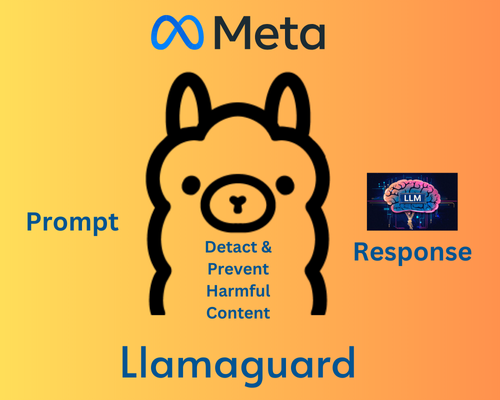
LLM-based Input-Output Safeguard for Human-AI Interaction As artificial intelligence becomes increasingly integrated into everyday interactions, ensuring the safety and ethical use of AI systems is crucial for building trust, safeguarding users, and promoting responsible innovation. A key concern in AI deployment is preventing harmful, inappropriate, or unsafe content from being generated, particularly in applications where […]
Real-Time Data Streaming with AWS Kinesis
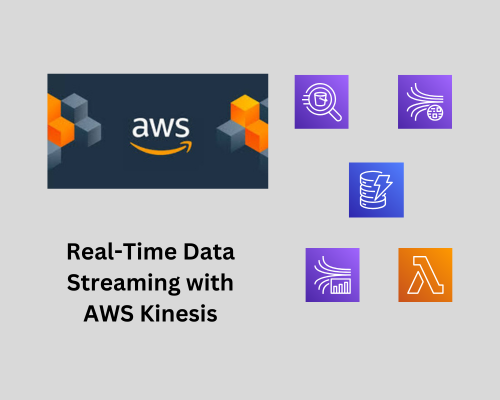
In today’s data-driven world, the ability to process and analyze information in real-time has become a game-changer. AWS Kinesis is a powerful service designed to enable developers to collect, process, and analyze real-time, streaming data efficiently. In this blog, we will explore the features of AWS Kinesis and walk you through a hands-on demo showcasing […]
Simplifying Data Workflows: A Deep Dive into ETL
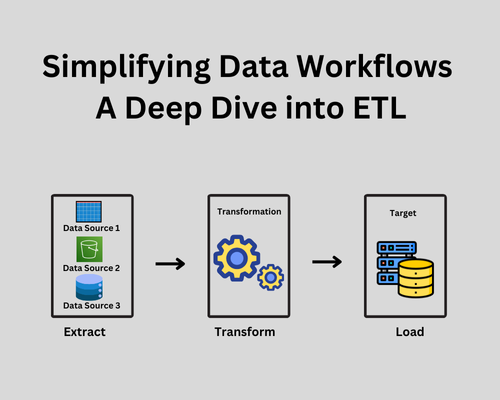
In today’s data-driven world, businesses generate large amounts of raw data daily. Transforming this raw data into meaningful insights requires effective data processing workflows, where ETL (Extract, Transform, Load) plays a crucial role. ETL simplifies the movement and transformation of data, empowering organizations to make informed decisions and gain a competitive edge. This blog dives […]
Mastering Data Transformation with AWS Glue and Query using Athena
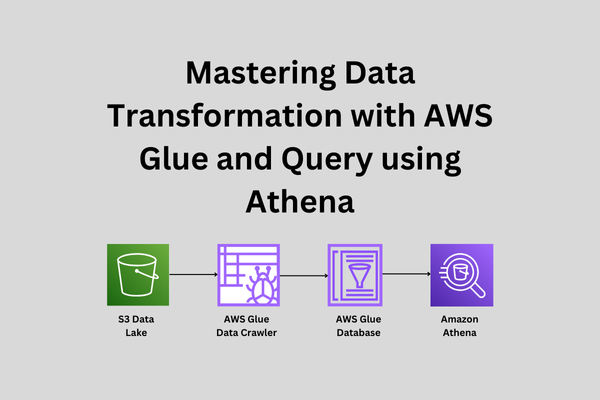
In the era of large-scale data, organizations are collecting vast amounts of information from various sources. However, raw data is often unstructured and messy, making it challenging to extract valuable insights. Data transformation tools are essential for cleaning, organizing, and preparing data for analysis. Amazon Web Services (AWS) offers two powerful tools, AWS Glue and […]
Cloud Computing for Large-Scale Data Analytics On AWS
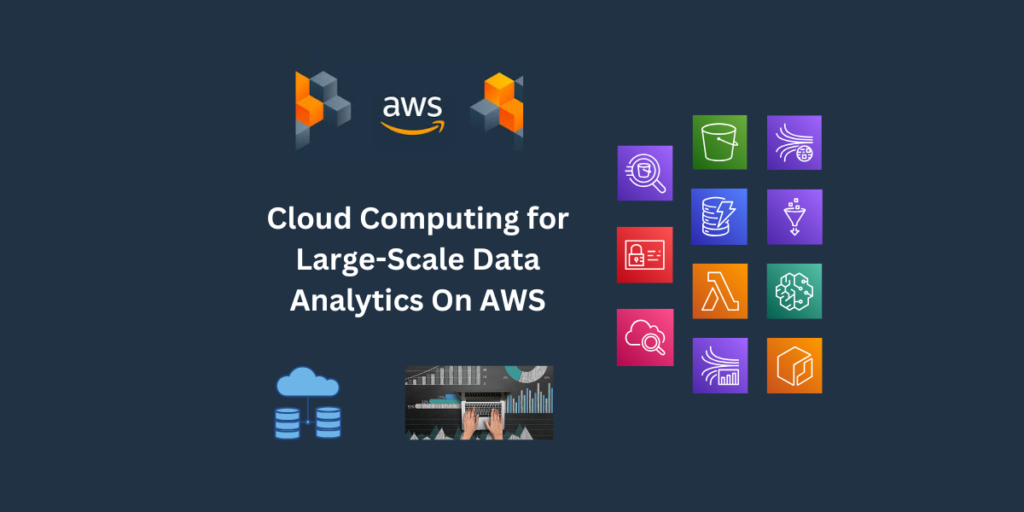
In today’s data-driven world, organizations collect massive amounts of data daily. Analyzing this data is crucial for gaining actionable insights, predicting trends, and making data-informed decisions. While traditional on-premise setups have been instrumental in large-scale data analytics, they present significant challenges as data volume and complexity grow. The shift to cloud computing has revolutionized data […]
Dynamic Secret Management in Azure
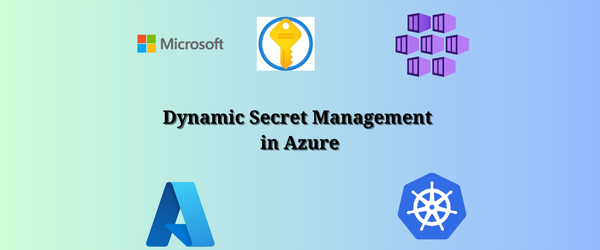
In cloud-native applications, securely managing and updating secrets like API keys, passwords, and connection strings is vital. Manually updating secrets in your application every time they change can be challenging and error-prone. This is where dynamic secret management comes into play, allowing real-time secret updates from a central, secure store. This blog covers implementing dynamic […]
Streamlining Application Monitoring and Insights with Azure Application Insights
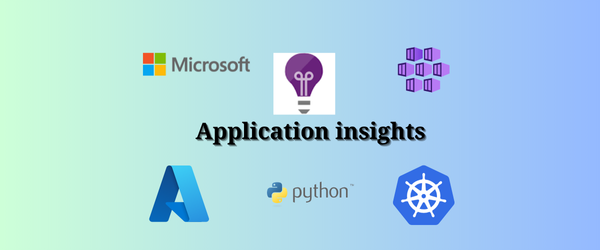
In today’s cloud-centric world, effective monitoring is key to maintaining the health of any application. Azure Application Insights (App Insights) is a powerful tool that helps developers gain real-time insights into their applications’ performance and usage patterns. Whether you’re running applications in the cloud, on-premise, or in a hybrid environment, App Insights offers actionable insights […]
Understanding Ingress in AKS
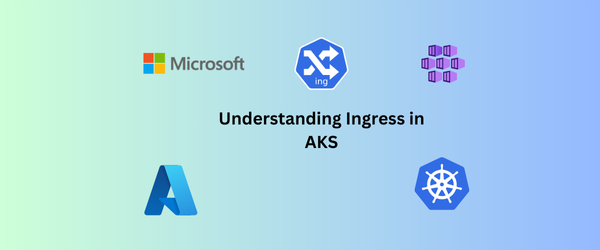
Kubernetes is a powerful tool for managing containerized applications at scale, and Ingress plays a crucial role in controlling external access to your services. In this blog, we’ll dive deep into Ingress in Azure Kubernetes Service (AKS), why it’s essential, and how to configure it, including setting up NGINX Ingress Controllers, using Azure’s Application Routing […]
How to manage secrets in Azure?
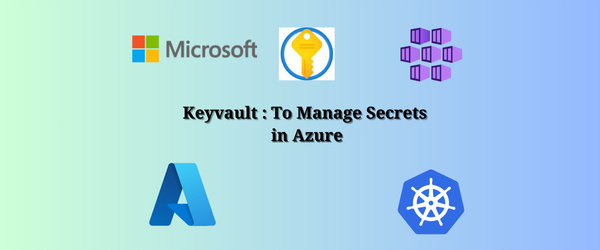
In today’s cloud-driven world, managing sensitive information such as API keys, passwords, and connection strings securely is crucial to ensure the security and reliability of your applications. Azure Key Vault offers a robust, centralized solution for managing secrets, encryption keys, and certificates. In this guide, we will explore how to manage secrets in Azure using […]
Setup K8s cluster on Azure
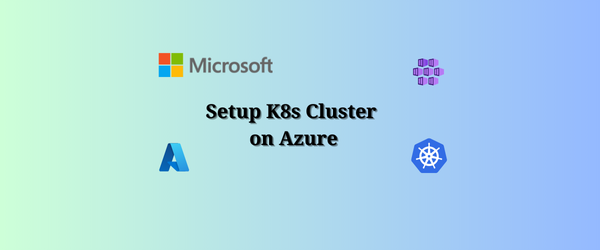
Kubernetes (K8s) has become the industry-standard platform for container orchestration, offering efficient management of containerized applications. Microsoft Azure offers a managed Kubernetes service called Azure Kubernetes Service (AKS), which simplifies the deployment, scaling, and management of Kubernetes clusters. Let’s roll up our sleeves and dive into the process of creating a Kubernetes (K8s) cluster on […]
GenAI Demos: Text and Text-to-Image Generation
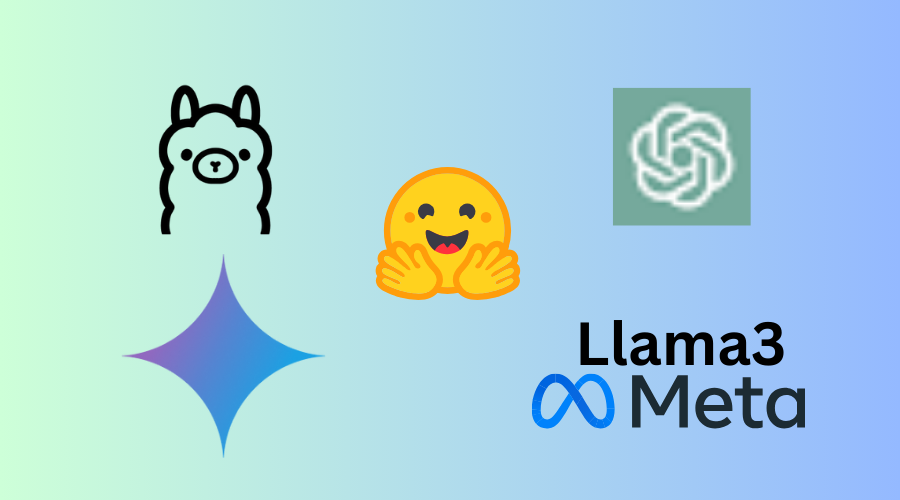
In our previous post, we discussed how training models can be both costly and time-consuming. This task is typically handled by major companies such as OpenAI, Google, and Facebook. However, we can use LLM (Large Language Model) models to develop our own applications. Experiment With OpenAI’s ChatGPT Application Click on ChatGPT and sign up to […]
Beyond Boundaries: The Artistry of Generative AI
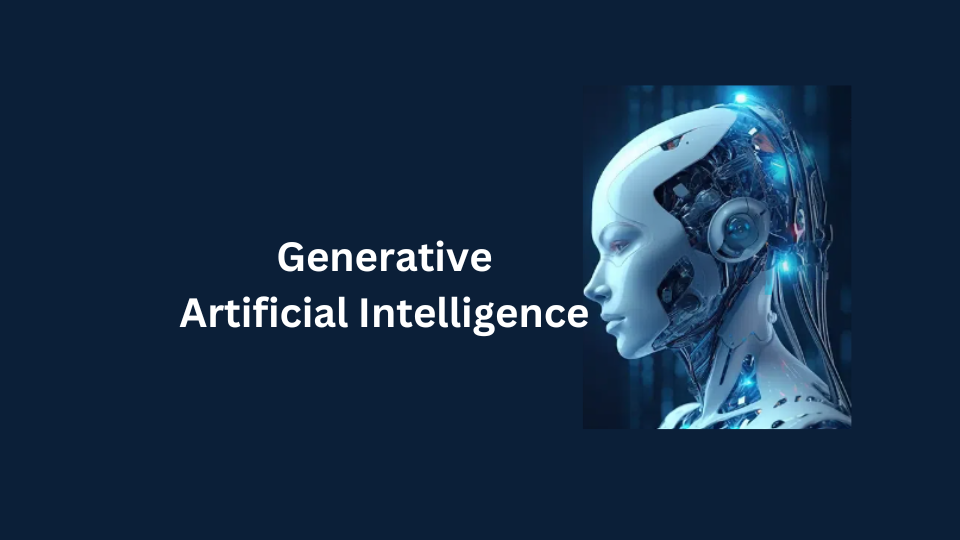
Currently, AI is booming in the IT industry. Everyone is talking about AI and wants to get the most out of it as AI’s transformative potential simplifies human tasks and extends its influence across various sectors. In this introductory post, we’ll learn fundamental concepts behind GenAI, uncovering how machines learn to understand and generate data, […]
Empowering Data Science: Running Jupyter Notebooks at Scale with Kubernetes
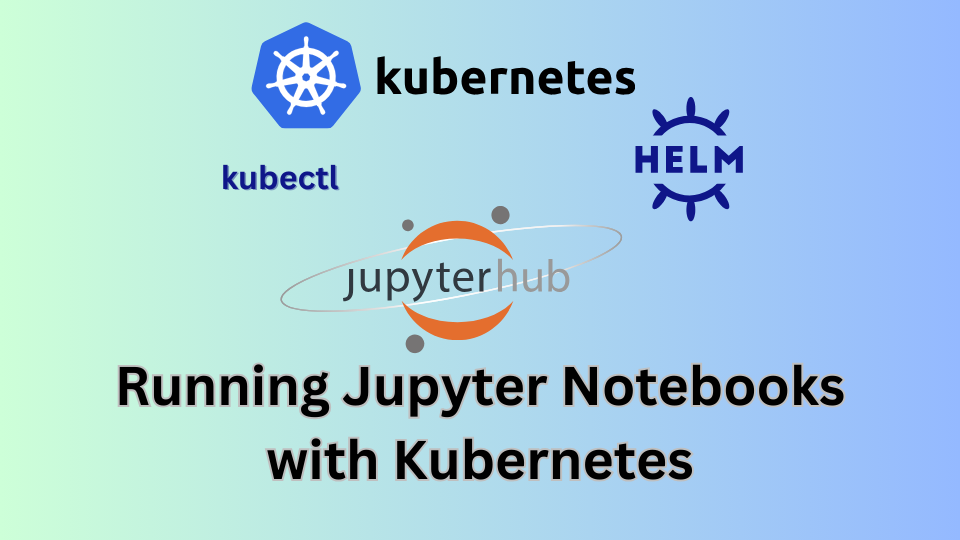
Introduction In today’s data-centric landscape, organizations are constantly seeking innovative ways to extract insights and drive decision-making processes. Jupyter Notebooks have emerged as essential tools for data scientists, offering an interactive environment for data exploration, visualization, and analysis. However, as data volumes grow and computational demands increase, the need for scalable and efficient infrastructure becomes […]
Inside the Containerization Maze: Running Docker Within Docker Containers

Simplifying Development and Deployment with Isolated Docker Environments Docker is a platform that simplifies application development, shipping, and deployment processes using containerization. However, what if we can go one step ahead and enclose Docker itself inside a container as Docker allows the layer of containerization. Explore the ways of setting up a confined environment for Docker […]
Docker Tutorial : A Complete Guide for Beginners
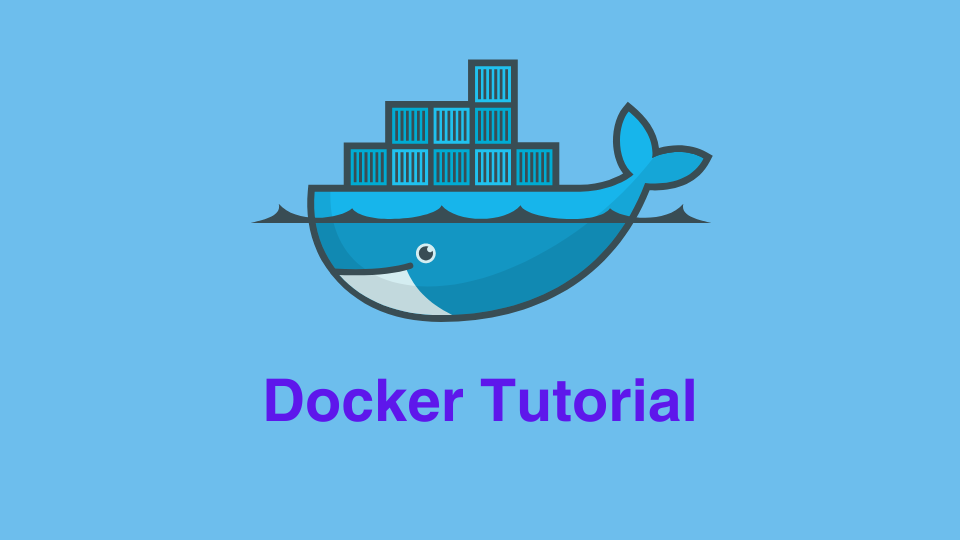
What is Docker? At its core, Docker isn’t just a buzzword; it’s a game-changer. It is a platform that encapsulates applications and their dependencies into lightweight, portable containers. These containers, with their self-contained environments, offer unparalleled flexibility, enabling developers to build once and run anywhere — be it on a developer’s laptop, a test server, or in the cloud. […]
Unlocking Container Sequencing: Embracing Kubernetes’ Native Sidecar
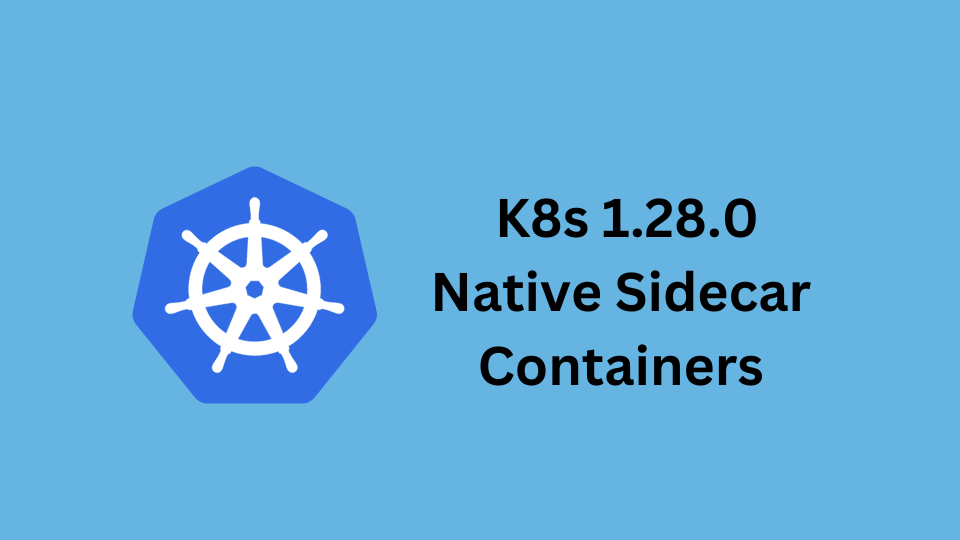
Managing Pod-Based Smooth Workflow Orchestration and Functionality Extension Kubernetes is a standard for container orchestration in the industry. Traditionally, We use a multi-container design pattern to extend the main container’s functionality but can’t control the order of container execution. Let’s understand with a scenario, If the proxy container for logging will start after the main […]
Improving Kubernetes Audit Logs: Parseable Integration Tactics
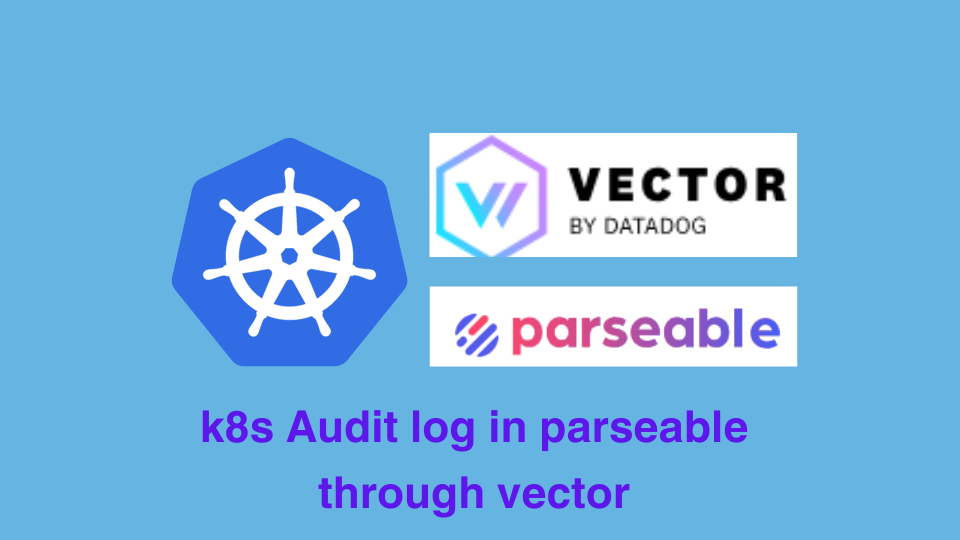
Simplifying Cluster Security and Oversight by Using Vector Agents Kubernetes has become the standard container orchestration tool for microservice-based deployments and managing large business applications. As Kubernetes has so many features, using and managing it can be difficult, especially keeping track of activities in the cluster. The main goal of this hands-on lab is to […]
Buildx Mastery: Elevating Docker Development Across Architectures

“Transform Docker builds with Buildx: cross-architecture compatibility, faster workflows, and hands-on labs. Join us in shaping the future of containerization!” Docker offers an easy method of packaging and deploying applications, which is truly an amazing technology. Earlier, the developers built an image on one type of architecture and deployed it on the same kind of […]
Parseable-Enabled Tetragon Logs: Strengthening Kubernetes Security
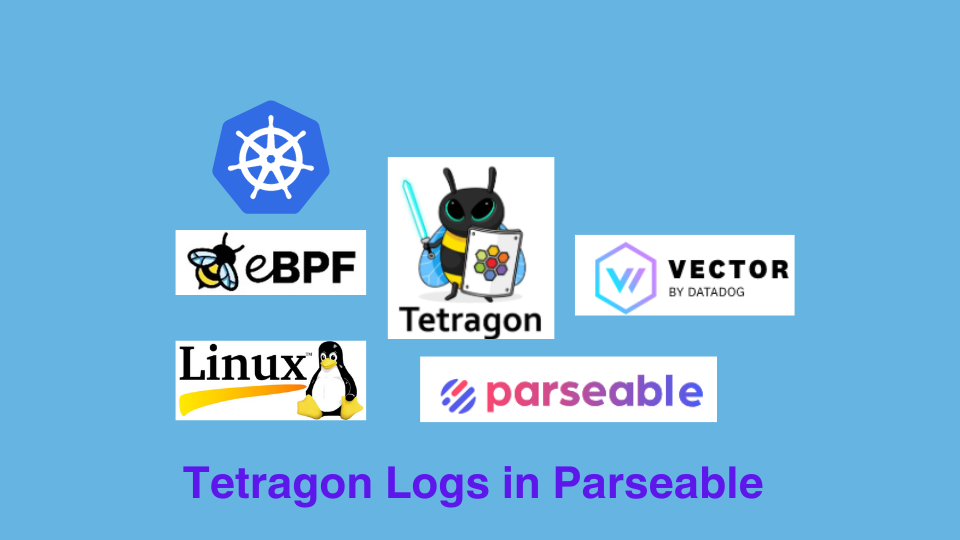
Investigating eBPF-Driven Observability in Kubernetes Environments for Sensitive File Access The container orchestration standard has been taken over by Kubernetes. However, as it doesn’t offer a default observability for security to study the attacks, it raises questions about how organisations should protect their production environment. This issue is resolved with eBPF. Currently, one of the most popular […]
Exploration of Kubernetes Metadata: Labels, Selectors, and Annotations
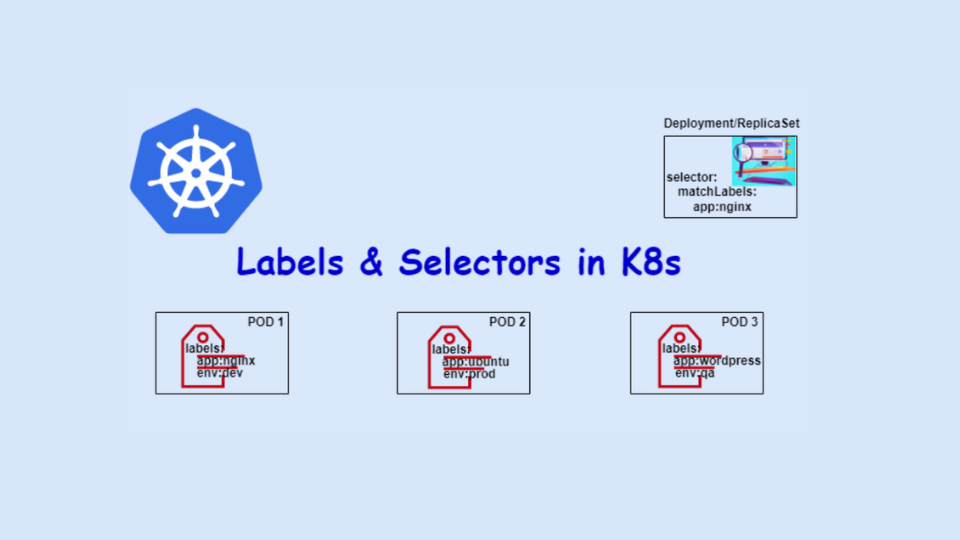
A Deep Dive into Kubernetes Resource Classification and Configuration Overview Kubernetes, a container orchestrator, is designed to handle applications at scale. While working with multiple objects we may need to group them. Metadata like, labels, selectors and annotations play an important role while configuring and working with kubernetes objects. Labels and selectors are used to select […]
Unveiling Sidecar Containers in Kubernetes
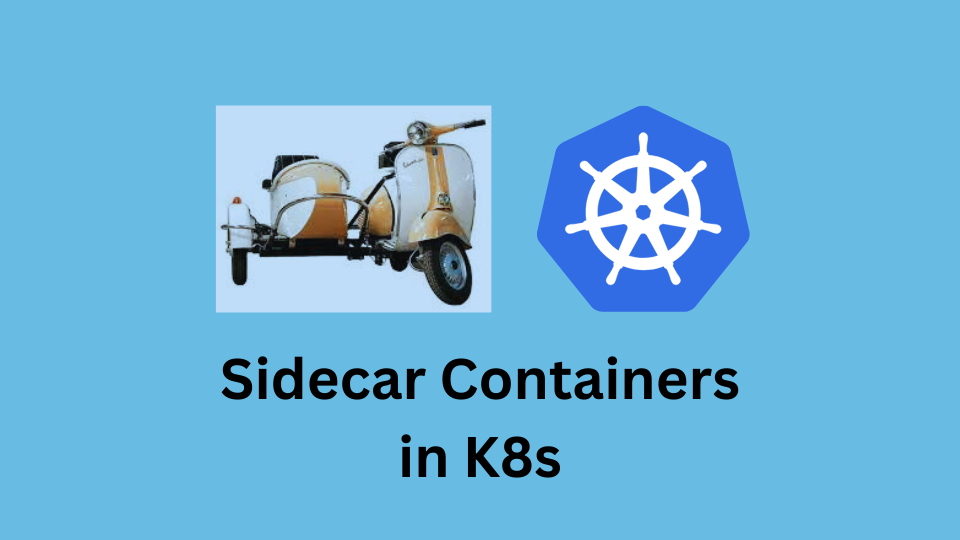
To extend the functionality of the application container in the Kubernetes pod A Sidecar pattern can separate an application’s functionalities into different processes. With the help of the sidecar design pattern, we may expand the functionality of the main application without modifying its codebase. From a software point of view, a sidecar is attached to a core application […]
Manage Docker As Non-Root User
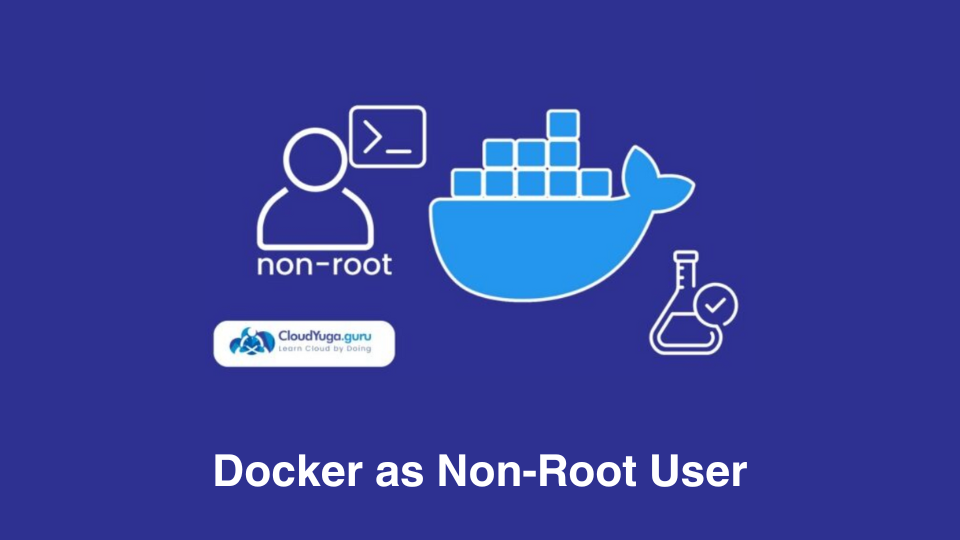
Learn how to run Docker Commands as non-root users
Understanding Docker Image Optimization: Techniques for Effective Deployment
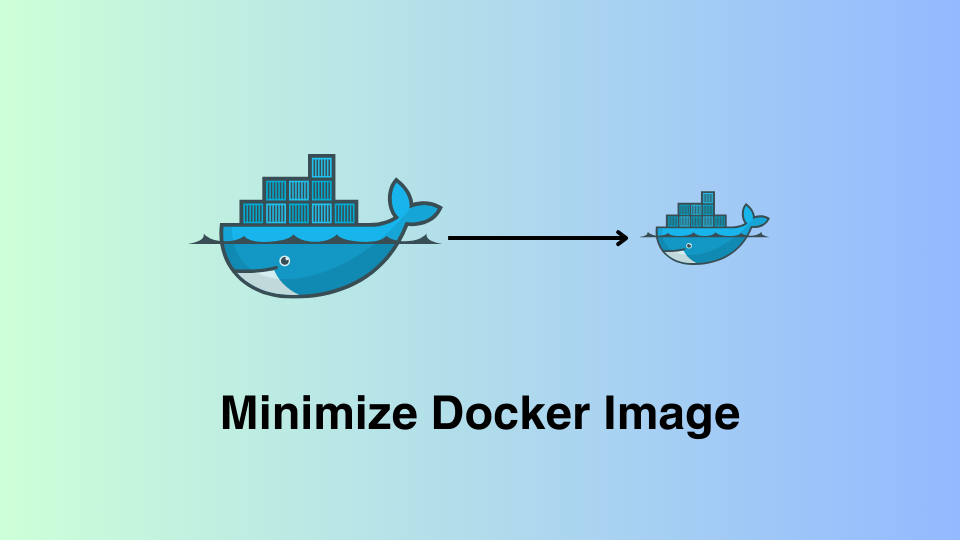
To build, manage and ship the docker image easily and occupy less space when pulled locally Docker engine makes it possible to take a piece of code with all its dependency and run in a container using its image. The whole concept of image is based upon Dockerfile, a configuration file to build an image. It is […]
Docker Image Analysis Tools: To Maximize the Efficiency and Minimize the Size
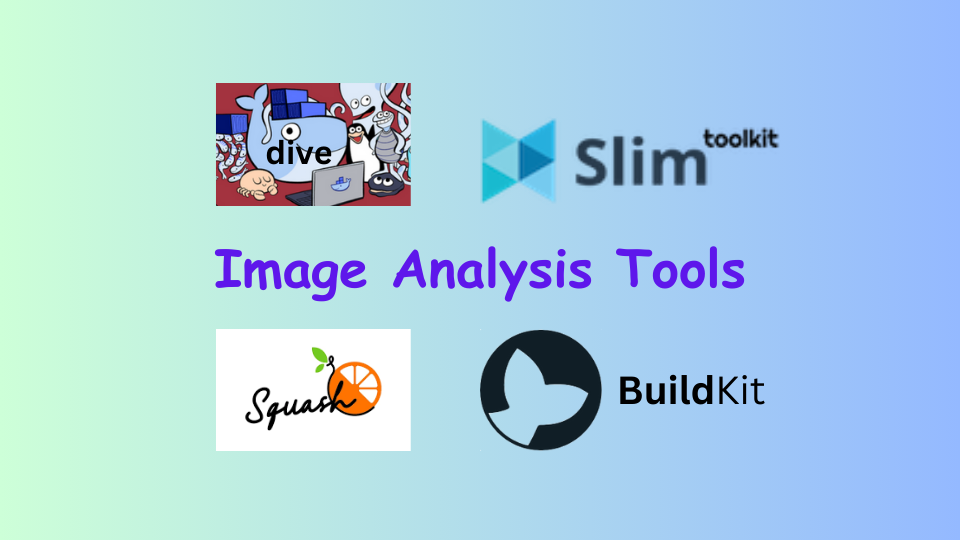
A Detailed Exploration of Open Source Tools for Precise Image Analysis There are different kinds of analysis tools available to find out the way to minimize the size of docker image. These tools are used to analyze and explore the image contents layer by layer. It discovers duplicate files, shows image efficiency score, information about wasted space, inefficient […]
Docker Compose: A hassle-free way to optimize multi-container deployments
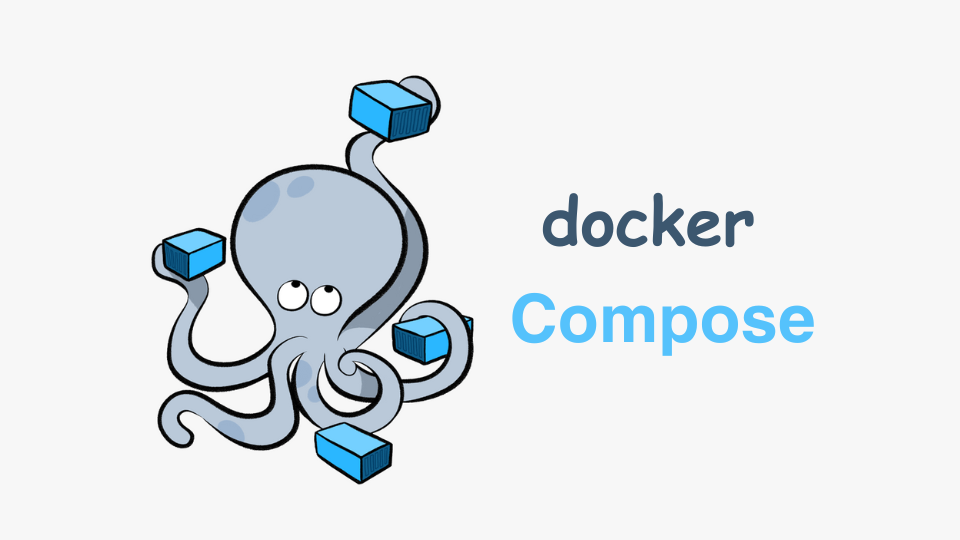
To define and run multi-container Docker applications with the help of services define in the YAML file and start them with a single command and improve your productivity. An application can have multiple containers running different services. which could have both frontend and backend services. It may be annoying and time-consuming to manage containers manually […]
Bitnami’s SealedSecrets – Hands-On Blog
Managing Kubernetes Secrets externally using the Bitnami’s SealedSecrets. Nowadays we are using GitOps for application deployment and for that we tend to put all the application’s information and configuration on Git, but can we do the same with Kubernetes Secrets YAML file on Git? The answer is definitely NO, as the Secret’s file contains just the base64 encoded value of our […]

